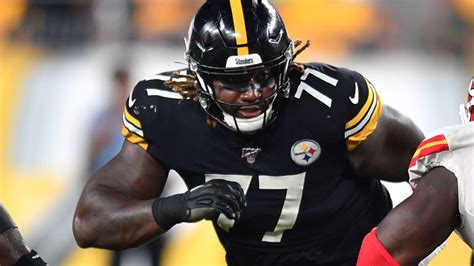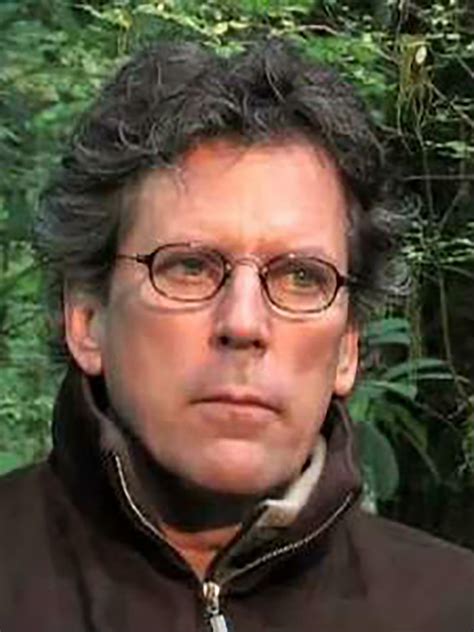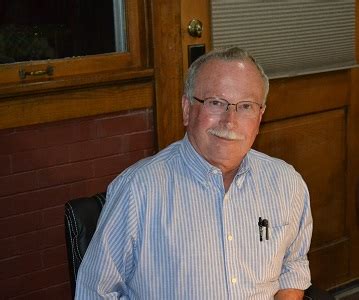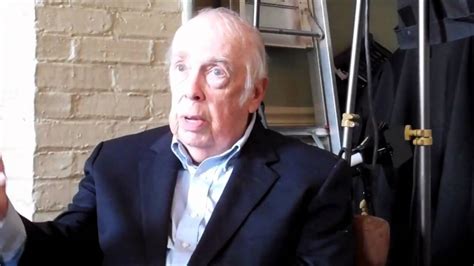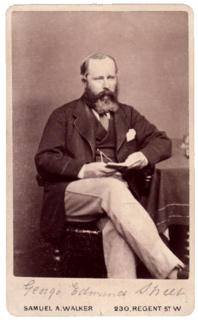A Quote by Derwin L. Gray
Only 13.7% of churches in America are consider multiethnic. This means that 86.3 % of churches are homogenous.
Related Quotes
The churches that are growing and thriving are churches that I would call evangelical and orthodox for the most part in their beliefs. They are churches that tend to evangelize ... and encourage their people to share their faith. These are the churches that are actually growing. The ones that are shrinking are the ones that are compromising and watering down what the word of God says.
But I must add that the U.S. government must not, as by this order, undertake to run the churches. When an individual, in a church or out of it, becomes dangerous to the public interest, he must be checked; but let the churches, as such take care of themselves. It will not do for the U.S. to appoint Trustees, Supervisors, or other agents for the churches.
We do it all the time, we legislate taste. We do it with the tax code. Churches and children get a tax break, because it's assumed that we all agree that we want to encourage churches and children. I don't. I don't. That's my opinion. I don't want to encourage either churches or children, and it's a very bad idea to put them together.
What James Madison and the other men of his generation had in mind when they wrote the First Amendment was that there should be no official relationship of any character between government and any church or many churches, and no levying of taxes for the support of any church, or many churches, or all churches, or any institution conducted by any of them.
